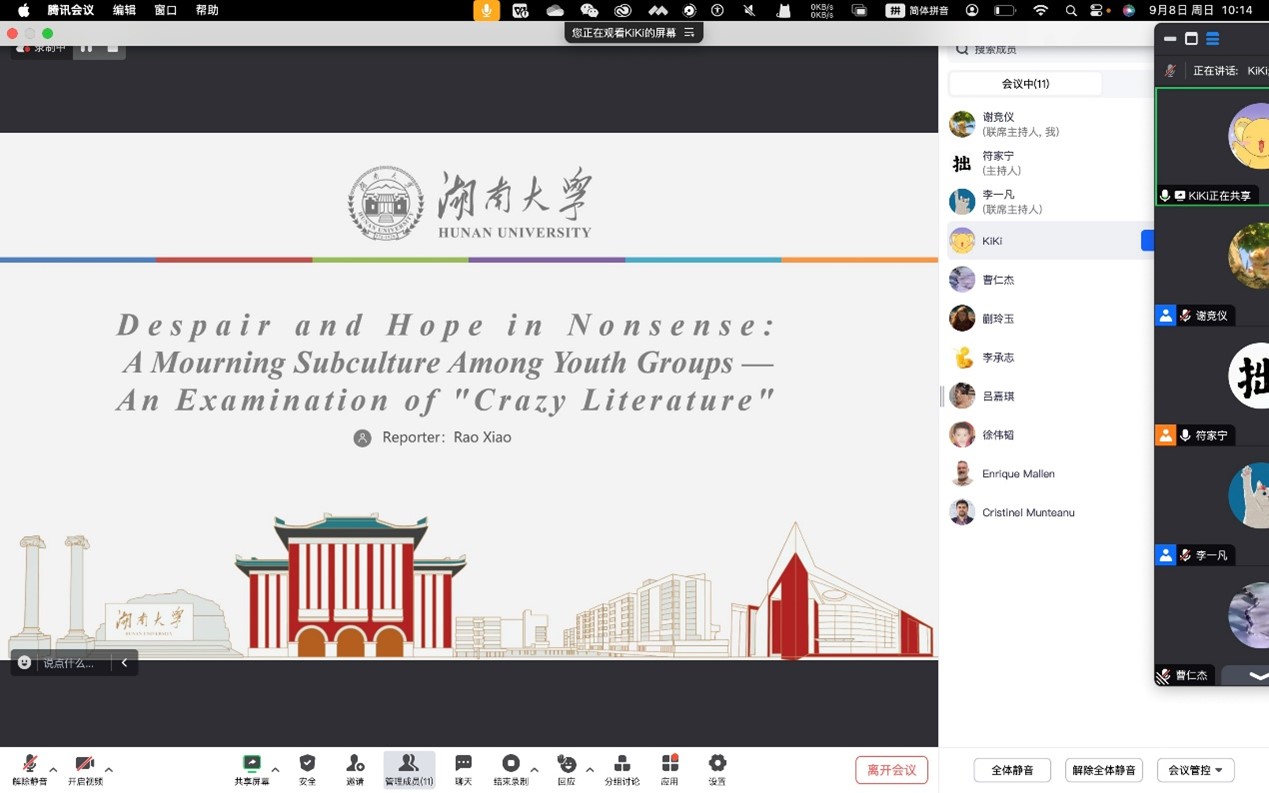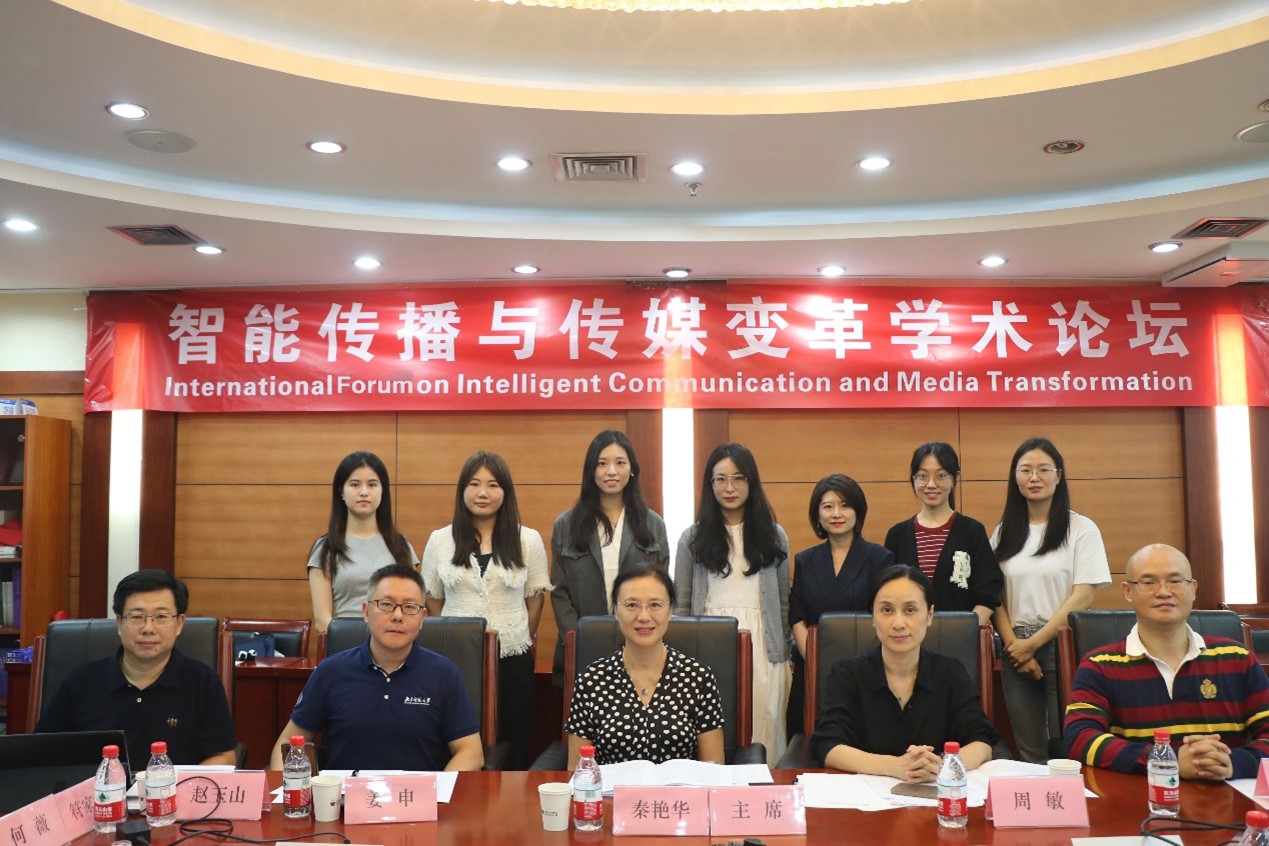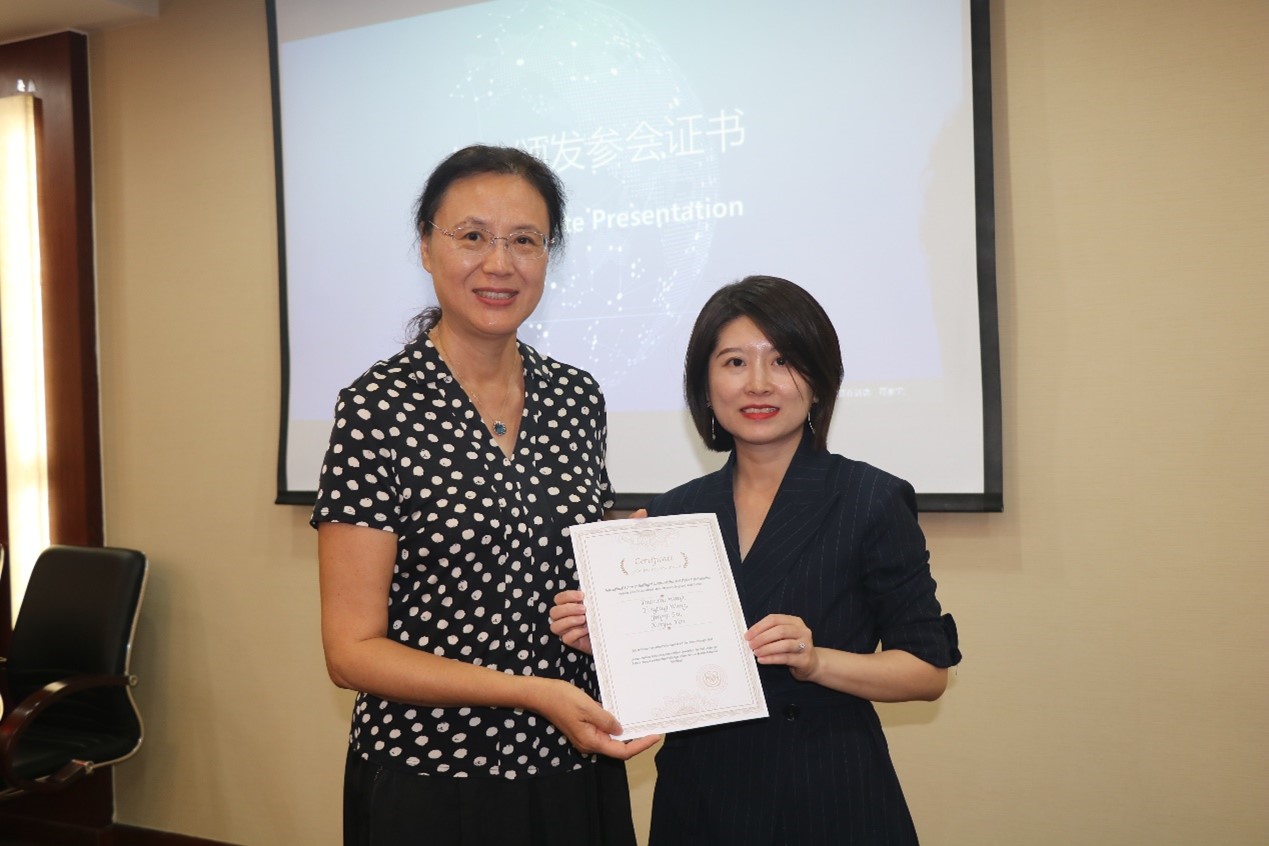Workshop Title:
International Forum on Intelligent Communication and Media Transformation
Workshop Basic Info:
Organizer:
Media Convergence and Digital Publishing Research Center, School of Journalism and
Communication, Beijing Normal University;
Key Laboratory for Big Data Analysis and Application of User Behavior in the Publishing
Industry
Workshop Chair:
Personal Bio:
Dr. Qin Yanhua is a professor and doctoral supervisor at the School of Journalism and Communication, Beijing Normal University. She is also the director of the Media Integration and Digital Publishing Center and the key laboratory for big data analysis and application of user behavior in the publishing industry. Published more than 10 books, including "Smart Era Book Publishing Planning", "Modern Publishing and 1930s Literature", "Research on Book User Behavior", "Literature and Publishing - Based on the Dual Logic of Culture and Business", "Mobile Media Research in the All Media Era", "Digital Era Bestseller Business Law", "Theme Publishing Bestseller Business Law", "Research on the Development and Innovation of the Publishing Industry under the Background of Media Integration", and more than 100 papers.
Venue:
Conference Room 9307, Jingshi Building, Beijing Normal University (provisional)

Background:
In the era of digital revolution and propelled by advancements in artificial intelligence and communication technologies, the field of Intelligent Communication and Media Transformation has undergone a dynamic evolution. Intelligent communication and media transformation have become focal points of discussion in both the academic and industry spheres. From automated content creation to personalized user experiences, the intersection of intelligence and media has emerged as a critical research area. Intelligent technologies integrated into media practices have driven innovation in content creation, dissemination, and consumption patterns. As society enters the digital age, understanding the profound impact of intelligent communication tools and media innovations is of paramount importance. This forum aims to explore the historical background and emerging trends in intelligent communication, laying the groundwork for discussions on its transformative influence on the global media landscape.
Goal/Rationale:
The forum aims to delve into the challenges and opportunities presented by the convergence of artificial intelligence and media within communication. It seeks to address pressing issues such as ethical considerations, societal implications, and the transformative potential of intelligent systems in shaping media content and dissemination (such as classic media, literary production, art design, etc.). By examining recent advances in the field, the goal is to identify actionable strategies and solutions contributing to responsible and innovative practices in intelligent communication, fostering a constructive dialogue among researchers, practitioners, and stakeholders.
Call for Papers
Scope and Information for Participants:
This workshop is a great opportunity for junior researchers and students to engage with leading experts and share their research. Participants are invited to contribute to discussions surrounding various themes within Intelligent Communication and Media Transformation. Key areas of interest include but are not limited to ethical AI in media, user experience in intelligent content delivery, the role of machine learning in media production, societal impacts of intelligent communication, trends in new/classic media and literature under artificial intelligence, and case studies illustrating successful implementations of intelligent communication systems. Contributions should provide theoretically grounded and practically relevant insights to inform future research directions and industry practices. Prospective participants are encouraged to submit papers at the workshop, and several keywords are listed to share the potential themes with interested participants, while the topics are not limited to the provided keywords.
- Artificial intelligence
- Intelligent communication
- Media revolution
Topics
- Traditional Media
- Print Media
- Electronic Broadcasting Media
- Outdoor Media
- Digital Media
- Transit Media
- Editorial Design
- Advertising Design
- User experience design
- Corporate Design
Submission
All submitted papers should report original and unpublished work,
experimental or
theoretical, and are not under consideration for publications elsewhere. All
papers should
be no less than 4 pages in length and must strictly follow the format of the
workshop
template. All papers are subject to reviews and edits. Prospective authors
are kindly
invited to submit full text papers that includes title, abstract,
introduction,
tables/figures and references. Other styles of papers are not accepted.
Please submit your
papers in both .doc/.docx AND .pdf formats as attachments via email to
ws_beijing@icadss.org
by the given deadline. It is unnecessary to submit an abstract in advance.
(workshop template )
Dates & Fees
| Submission Deadline | August 30, 2024 |
| Workshop Date | September 8, 2024 |
| Notification of Acceptance | 7-20 workdays |
| Registration Fee | USD 450 (cover 6 pages) |
| Additional Page | USD 40/extra page |
Publication
Accepted papers of the workshop will be published in Communications in Humanities Research (Print ISSN 2753-7064), and will be submitted to Conference Proceedings Citation Index (CPCI), Crossref, CNKI, Portico, Google Scholar and other databases for indexing. The situation may be affected by factors among databases like processing time, workflow, policy, etc.
Publication info
Press: EWA Publishing, United Kingdom
ISSN: 2753-7064(print) / 2753-7072(electronic)
Ways to Participate
To break the barriers of time and space and to provide seamless communication opportunities for worldwide scholars, both online and offline participation methods are supported for the workshop. Participants are encouraged to bring their own insights, experiences, and examples to share with the group through either presenting a poster online or attending in person.
Highlights:
On September 8, 2024, the "International Forum on Intelligent Communication and Media Transformation" was held at Beijing Normal University. The workshop was co-hosted by the Key Laboratory of Big Data Analysis and Application of User Behavior in the Publishing Industry at Beijing Normal University, the School of Journalism and Communication at Beijing Normal University, and EWA Publishing from the UK. The workshop aimed to explore the profound impact of intelligent communication on the media field, providing an academic platform to promote the healthy application and development of AI technologies in the media industry. The workshop chair was Professor Qin Yanhua, Director of the Key Laboratory of Big Data Analysis and Application of User Behavior in the Publishing Industry at Beijing Normal University.
The workshop focused on cutting-edge topics in intelligent communication and received 70 high-quality paper submissions from 68 institutions worldwide. During the event, 11 experts and scholars from renowned domestic universities, including Beijing Normal University, Shandong University, Hunan University, and Minzu University of China, delivered impressive presentations.
At the end, Professor Qin Yanhua presented participation certificates to the speakers.










Access to Workshop: ICADSS 2024 Workshop -- Beijing - YouTube









